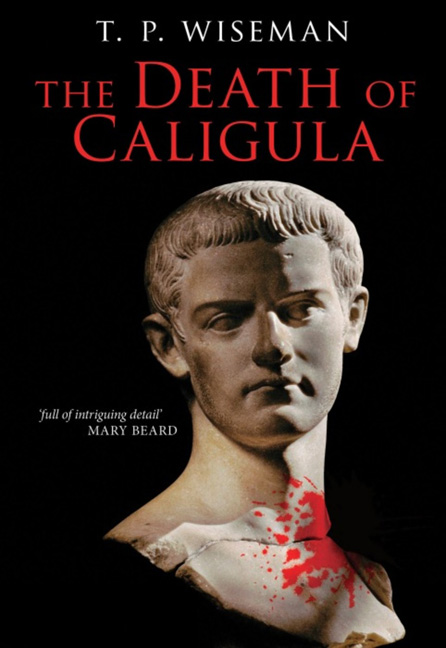Commentary
Summary
1–16 J. links his account of Gaius’ death to the overall theme of the Antiquities, and explains why he has treated it in such detail.
1 The Jews in Jerusalem. J. refers back to Ant. xviii 157–309 on Gaius’ order to erect his statue in the temple at Jerusalem—a narrative in which King Agrippa plays a prominent part (xviii 289–301). At xviii 306–9, J. attributes Gaius’ death to the providence of God in averting the sacrilege, and refers ahead (xviii 307) to the present narrative, which will deal with ‘the reason why he died and the nature of the plot against him’.
Outrageous madness. Literally ‘the madness of his hybris ’. At Bell. ii 184, J. applies the concept of hybris both to Gaius’ acceptance of divine honours and to his sacrilegious plan for the Jerusalem statue. Madness was alleged by Philo (Leg. 34), Seneca (Const. 18.1), Dio (lix 29.1), and by Claudius himself in his edict to Alexandria (quoted in Ant. xix 284); it is also hinted at by Tacitus (Ann. xiii 3.2) and Suetonius (Cal. 50.2–3). J. takes it for granted in this introduction (1, 5, 11), but it is conspicuously absent from the obituary (201–11). Ferrill (158) insists that ‘he was simply crazy’, and his whole book is designed to refute modern attempts to argue the opposite. But Ferrill's own position largely depends on the tacit premise that cruelty, extravagance and irresponsibility necessarily connote madness.
Every land and sea. Rhetorical hyperbole for Rome (2–4), the Bay of Naples (5–6) and Greece (7–10).
Rome's dominions. ‘The administration of Gaius … in the Empire at large does not appear, when scrutinized, to be lacking either in efficiency or sanity’ (Balsdon 203). A less lenient view is taken by Ferrill 149–55.
2 Persecuted the Senate. Details and discussion in Barrett 234–9, who somewhat unfairly blames the Senate itself for Gaius’ autocratic arrogance.
Noble birth. For instance, M. Iunius Silanus was forced to suicide, and Cn. Cornelius Lentulus Gaetulicus and M. Aemilius Lepidus put to death (Dio lix 8.4–6, 22.5–6, Suet. Cal. 23.3, Seneca Epistles 4.7); other aristocrats were deliberately humiliated (Suet. Cal. 35.1, citing Cn. Pompeius Magnus, a Torquatus and a Cincinnatus).
- Type
- Chapter
- Information
- The Death of CaligulaFlavius Josephus, pp. 43 - 100Publisher: Liverpool University PressPrint publication year: 2013



